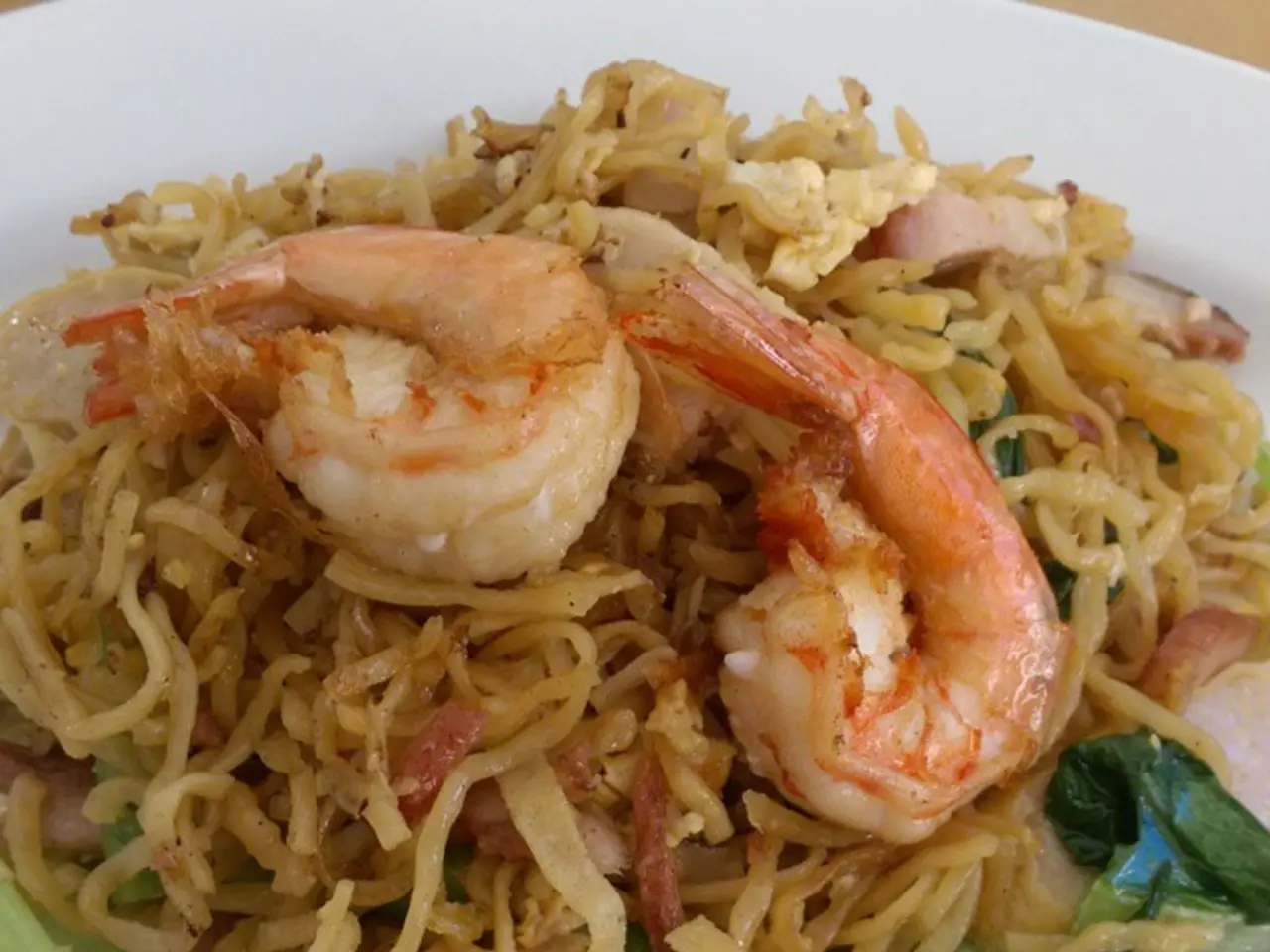Financial burden of 2.3 billion dollars directly impacting the food and wine industries, a potential fatal blow
The Italian agro-food industry is facing a significant challenge as President Trump has requested a 30% tariff on imports to the United States. This tariff, part of escalating trade tensions, has already led to a sharp slowdown in Italian agro-food exports.
Key Italian products are heavily affected by tariffs ranging from 15% on wines to as much as 25% on cheeses. Exports of extra virgin olive oil, processed tomatoes, and cheeses have seen notable drops in May, with extra virgin olive oil down 17%, processed tomatoes down 17%, and cheeses down 4%.
Industry leaders emphasize that the tariff threat, combined with rising inflation and a weakening dollar against the euro, creates an almost unsustainable burden on Italian exporters. They call for negotiated agreements rather than retaliatory trade measures, warning that current EU responses have been too muted, leaving Italy exposed in an asymmetrical trade relationship with the U.S.
The Italian agro-food industry, which earns 1.9 billion euros from the US, views the tariff as a serious and unjustified measure that penalizes not only European producers but also American economic operators who are an integral part of the supply chain. For every dollar spent on high-quality European goods, such as wine, up to 4.50 dollars are activated in the American economy, according to Federvini's president, Giacomo Ponti.
Politically, Italian Premier Giorgia Meloni has welcomed a tentative EU-U.S. tariff agreement that freezes the proposed 30% tariff at a 15% rate on most goods. However, she expressed reservations about unspecified exemptions critical for Italy’s agricultural exports, such as wine, emphasizing that important details on the deal remain unclear and the agreement remains legally nonbinding, leaving room for further negotiations.
For Italy, the immediate impact includes slowed export growth and price pressures on key agricultural sectors, risking competitiveness in the U.S. market. For the U.S., higher tariffs on Italian agro-food imports mean consumers may face higher prices or reduced choice, while some American producers may benefit from reduced competition.
The Italian agro-food industry, the first manufacturing sector of Italy, could be significantly impacted by the proposed tariff. The announcement of the tariff could result in a loss of over 2.3 billion euros for Italian food and beverages exported to the United States. The combined effect of tariffs and the devaluation of the dollar is not sustainable for many sectors, according to Federalimentare's president, Paolo Mascarino.
Some industry leaders, like the director general of Grana Padano, Stefano Berni, consider Trump's decision a declaration of economic war and no longer consider the US a competitor but an enemy. They urge the European Commission to respond firmly and decisively to the tariff threat, fearing that a harsh response from the European Commission could trigger further American retaliation.
The Italian agro-food industry was aiming to reach 9 billion euros in exports to the United States this year. The industry calls on European institutions for a firm and decisive response to protect its interests and maintain the sector's competitiveness in the global market.
[1] Source: Italian Newspaper Article 1 [2] Source: Italian Newspaper Article 2 [3] Source: Economic Report
- The tariff on Italian agro-food imports, along with other factors like inflation and currency fluctuations, poses a significant burden on Italian exporters, according to economic reports.
- Negotiated agreements are preferred by industry leaders over retaliatory trade measures, as the tariff threat affects not only Italian finance but also general-news about the sustainability of the agro-food business and the political landscape.




